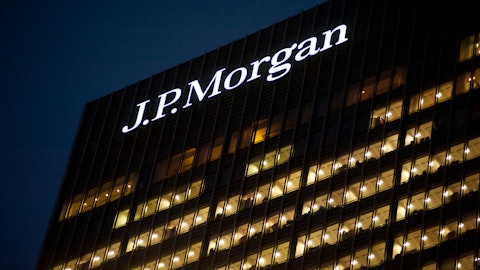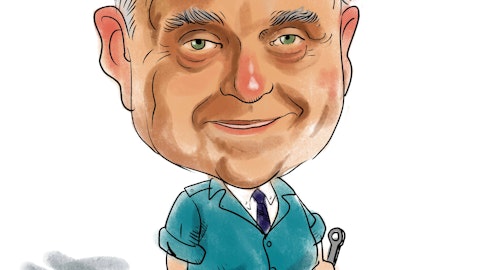Insider trading watchers tend to pay more attention to insider buying than insider selling because the latter is much more cumbersome to interpret (better say, impossible to interpret accurately). Officers and directors of U.S. public companies are required to file a report with the SEC documenting their trades within two days, which enables non-insiders to monitor insider trading data very efficiently. However, the increased usage of stock-based compensation as part of insiders’ compensation programs has made it particularly hard to accurately interpret insider selling. As a general rule, heavy insider selling is perceived as a bearish signal by the investment community, but it is not as strong as insider buying on most occasions. To increase the likelihood of finding informative insider selling, investors should avoid examining insider sales conducted under pre-arranged trading plans or transactions related to freshly-exercised stock options. Instead, one should look for spur-of-the-moment insider sales, particularly clusters of insider selling. Insider Monkey examined the majority of Form 4 filings submitted with the SEC on Thursday and pinned down three companies with noteworthy spontaneous insider selling.
Through extensive research, we have determined that the due diligence that the investors in our database employ, as well as their long-term focus makes them perfect targets to emulate. However, the results of our analysis have also shown that the small-cap picks of these funds can generate much better returns, with the 15 most popular small-cap stocks beating the market by an average of 95 basis points per month (read more details here).
Brokerage Firm Charles Schwab Saw Its Founder Sell Massive Amount of Shares
Let’s begin our discussion by having a look at the massive insider selling witnessed at Charles Schwab Corp (NYSE:SCHW). Chairman Charles R. Schwab, the founder of Charles Schwab, reported selling 280,000 shares on Wednesday and 280,000 shares on Thursday at prices that ranged from $28.64 to $29.38 per share, all of which were held by a trust fund. After the recent sales, Mr. Schwab’s trust fund continues to own 100.69 million shares. The founder of the first U.S. discount brokerage firm also holds a direct ownership stake of 9.07 million shares, as well as an additional indirect ownership stake of 34.64 million shares held by a limited partnership.
Charles Schwab Corp (NYSE:SCHW)’s revenue and net income increased last year despite increased stock market volatility and low interest rates. The company added 1.1 million new brokerage accounts to its client base in 2015, while its active brokerage accounts increased 4% year-on-year to 9.8 million. Charles Schwab’s main sources of revenues include asset management and administration fees, which involve its proprietary and third-party mutual fund and ETF offerings, net interest revenue, as well as trading revenue. As a result, an increase in short-term interest rates is anticipated to boost the company’s top-line figure significantly, as well as enable the company to remove fee waivers for asset management fees from certain Schwab-sponsored money market mutual funds.
Earlier this month, analysts at Jefferies reiterated the ‘Buy’ rating on Charles Schwab but cut the price target to $33 from $34, which is said to reflect the timing of future interest rates. Shares of Charles Schwab are down 9% since the beginning of 2016 and change hands at around 19.0-times expected earnings, significantly above the forward PE multiple of 11.8 for the Investment Banking and Brokerage sector. Barry Dargan’s Intermede Investment Partners acquired a new stake of 519,619 shares of Charles Schwab Corp (NYSE:SCHW) during the March quarter.
Follow Schwab Charles Corp (NYSE:SCHW)
Follow Schwab Charles Corp (NYSE:SCHW)
Receive real-time insider trading and news alerts
The next pages of this insider trading article we discuss the insider sales registered at PacWest Bancorp (NASDAQ:PACW) and Citigroup Inc. (NYSE:C).




